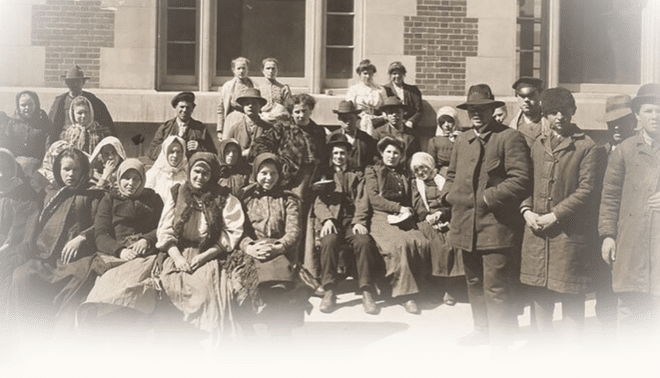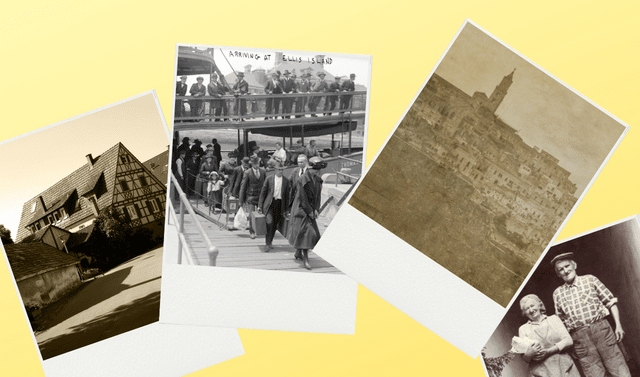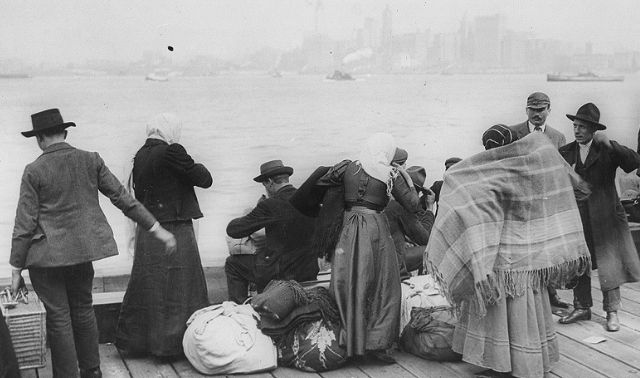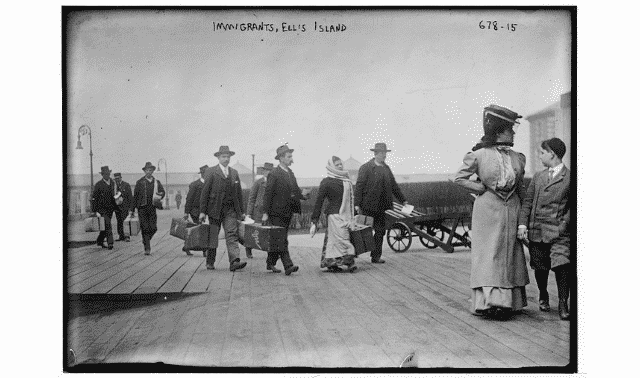Q. Are there immigration records for people who flew to the United States?
A: Because commercial trans-Atlantic air travel didn’t begin until after the restrictive Immigration Act of 1924, airplane passenger records typically aren’t an important source for genealogists. If your ancestor did arrive by air, however, you can use NATF Form 81 from the National Archives to order copies of inbound federal passenger arrival manifests for airplanes, just as with ships, through 1959. Microfilmed airport-arrival records available from the National Archives include San Pedro/Los Angeles, Miami, Milwaukee, Houston, Seattle, Baltimore and Portland, Ore.—dates vary.
Another tactic is to explore visa records. Before immigrants touch down in the United States, they must already have an immigrant visa from the US Citizenship and Immigration Services (USCIS). The agency’s Genealogy Program includes visa files from July 1, 1924, to March 31, 1944. An index search of these and other records costs $30, as well as copies of the record. Visa records generally are richer than the bare-bones passenger arrival manifests; the USCIS records may contain the person’s places of residence for the past five years, names of both parents and more. Attached to the visa file may be birth records or affidavits, as well as marriage, military or police records.
You can request post-1944 visa files under the Freedom of Information Act (FOIA). Write to US Citizenship and Immigration Services, National Records Center, FOIA/PA Office, Box 648010, Lee’s Summit, MO 64064. Be sure to write “FOIA Request” on the envelope and your letter. Don’t send money—most FOIA requests don’t require fees, but they can take months to get a reply.
Originally published in the August 2010 Family Tree Magazine. Last updated: May 2025




